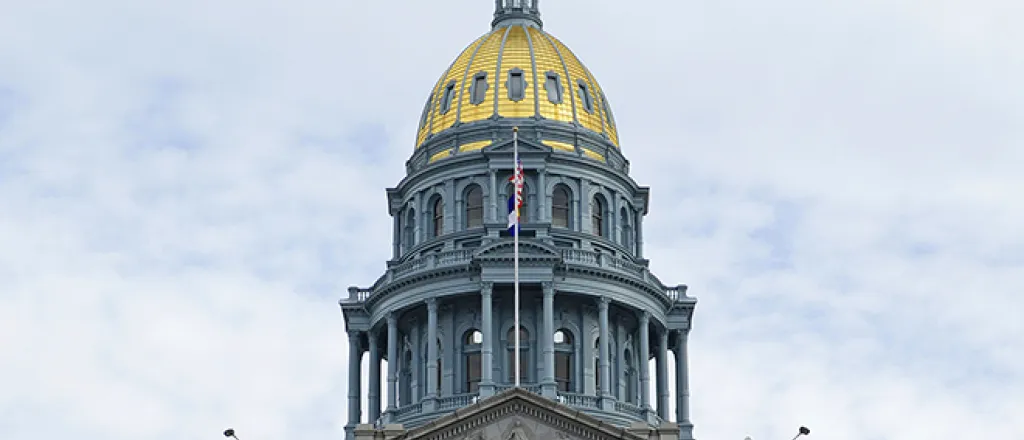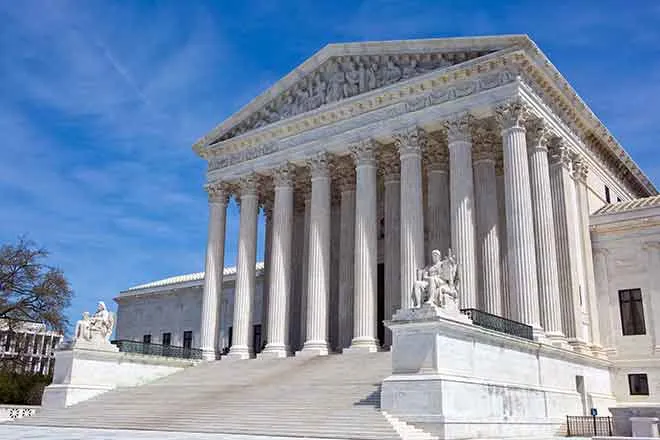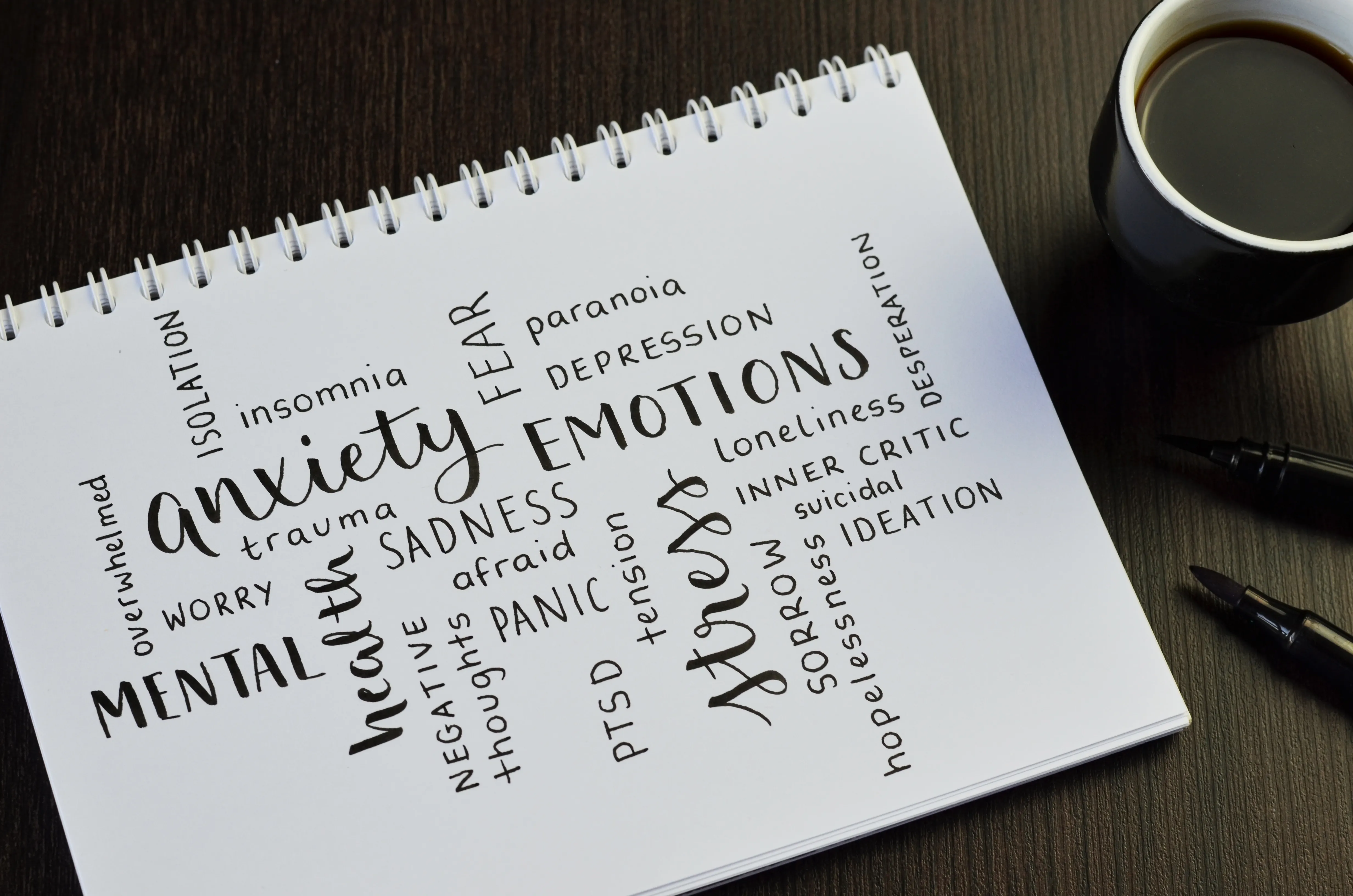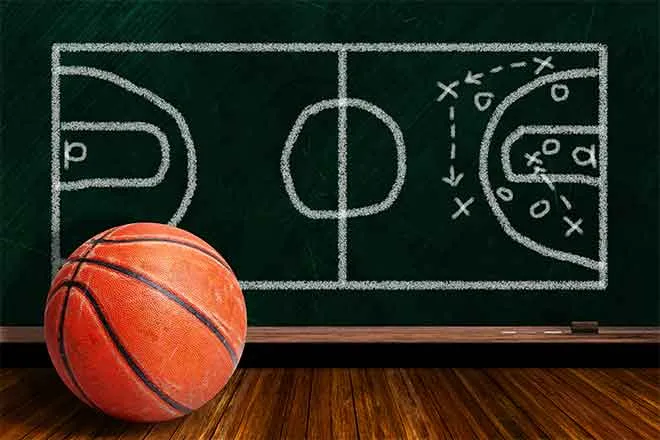
Expert: civics education needed now more than ever
(Iowa News Service) Over the weekend, communities across the country observed the 21st anniversary of the 9-11 attacks. Since those historic events, political tension has escalated, and some say placing more emphasis on civics education could bring respectful and informed debate back into focus.
Carisa Corrow is a former teacher and founder of the Educating for Good project. She said she feels that school districts have been prioritizing standardized tests too much, while focusing less on civic matters.
She said not only should students learn more about how the government functions, but there also should be more engaging debate. That's something she said she feels is being discouraged today.
"We don't have debate," said Corrow, "and so that really is problematic because then people just aren't able to have conversations about facts and perspectives around events."
She said it's important to see how other individuals interpret information. The Woodrow Wilson National Fellowship Foundation says its survey has revealed that just 1 in 3 Americans would pass a citizenship test.
The national wave of parent groups wanting more control over classroom curriculum coincided with recent conservative efforts in Iowa to scrutinize educators and school materials.
Supporters aligned with that movement say it's about establishing more transparency.
But Corrow said it scares teachers away from approaching important topics students should be talking about. She said she worries about the impact on voter turnout when these students graduate.
"And not just vote in the national elections, but vote at local elections - how many people are participating in local boards," said Corrow, "and so we struggle to find people to engage in that type of work."
Corrow is based in New Hampshire but said she feels the push for enhanced civics education should be happening in all states.
She said schools are a great place to practice democracy, and options such as student councils or teachers assigning daily classroom tasks - such as helping pass out materials - can help build a sense of community.

















